Thailand-based Verifik8 aims to bring trust to seafood supply chains

The seafood industry is under increasing pressure to make its complex supply chains more transparent. Market leaders, seafood suppliers and the consumers they serve all demand to know the full story behind the food they’re eating: Where did it come from, when was it caught and what was its journey from fish farm or ocean to plate?
Each link in the chain is a puzzle piece that, when placed together, can build the credibility of the farmer or harvester, the supplier and the retailer. But for small-scale aquaculture producers in far-flung regions of the world, creating traceability data presents major challenges, both linguistic and technological. It’s those challenges that a new business called Verifik8 is poised to help solve.
Founders Emmanuelle Bourgois and Yann Laurent realized that in the quest for transparency behind seafood, there’s often a sharp divide between the daily concerns of a farmer and the myriad steps their product reaches on its way to consumers.
“What we’re seeking to do is to provide a true story about a product that’s based on fact, and use that to bring trust to the marketplace,” Bourgois said. “The truth we talk about here is a mobile-based, 21st century solution that brings facts through the seafood supply chain so each stakeholder can validate information along the way, from the farmer to the feed and seed companies.”
When Verifik8 blue (aquaculture) and green (agriculture) launched in the third quarter of 2017, the goal for the founders of the Thailand-based company was to reach out to small farmers and their staffs to ask the right questions in the local dialect in order to get the facts they needed.
They created an app, a digitalized, industry-centered transparency tool for food supply chains that poses questions to farmers and their employees questions on issues including wages, languages spoken on the farm, child labor and workers’ contracts. Verifik8 cross-checks the information to verify it, measures environmental and social data regularly to monitor the performance of individual farms and identifies areas in which the farms can improve.
“This is about simplifying things and starting the farms on a journey of improvement,” Bourgois said. “We put the information we receive into a mathematical equation and it becomes a beautiful compliment to human activities.”
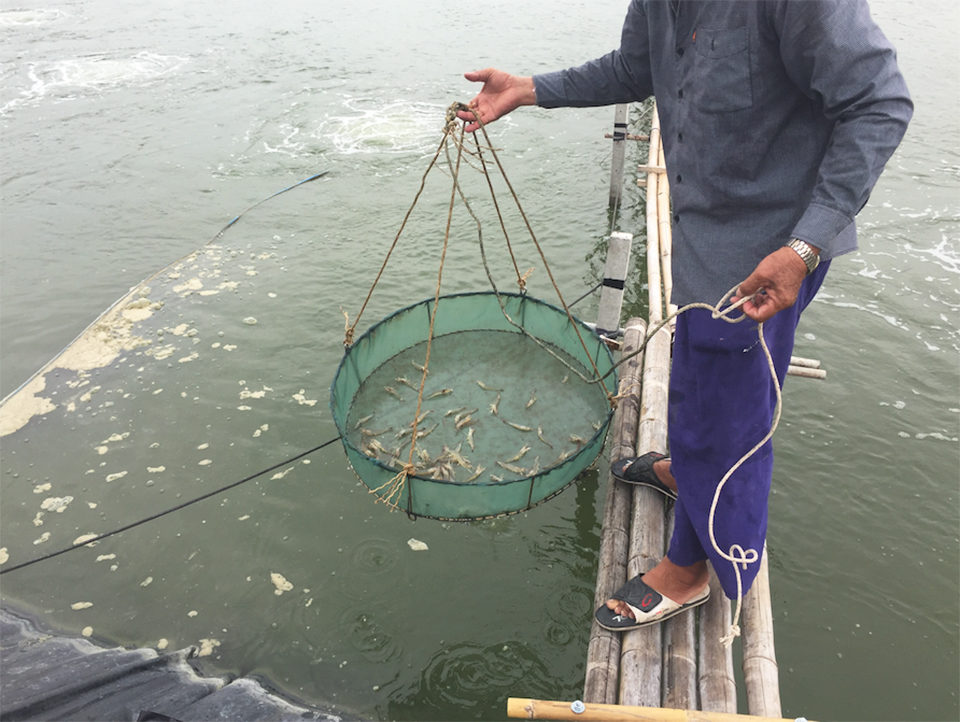
According to a June 2018 study conducted by researchers at the University of Stirling in the United Kingdom, an estimated 18 million aquaculture workers around the world regularly face “highly hazardous” conditions with a significant incidence of workplace injury and risk of disease. The research revealed that the human, social and economic toll of poor health and safety within the industry is considerable for workers directly through occupational injuries and illnesses, and indirectly through low wages, long hours, job insecurity and poor welfare and social security.
Most of those workers are from vulnerable populations and the neglect of their occupational safety and health is due in part to limited independent analysis of prevention and risk-reduction strategies. It’s in these circumstances where Verifik8 could potentially instigate the most powerful improvements.
Today the app is active and running in five languages. Bourgois is excited about its potential in the seafood industry.
“Aquaculture is a growing industry and we’re seeing more and more demand, particularly for sustainable seafood,” she said. “We’re using this traction to drive the sustainability agenda and to embed better farming and social practices for farms that don’t have these in place yet.”
The idea is to move away from top-down management and pressure that causes people to hide and cheat.
Free for farmers and paid for by processors, feed and seed companies and retailers, Verifik8’s cost ranges from 2 to 5 percent of the transaction value of the seafood. That’s because Bourgois believes farmers should be rewarded for good practices, not charged for compliance.
“The idea is to move away from top-down management and pressure that causes people to hide and cheat, and have each member of the supply chain be a stakeholder, paying a small amount for the reward of knowing the data,” which is the incentive for each stakeholder, she added.
“For farmers the incentive is to see where improvements are needed; for feed and seed companies it’s to better know their customer; for the processing plant it’s about knowing what the farm has been doing environmentally and socially; and for the retailer the incentive is to have a consolidated view of the supply chain.”
Seafood business accelerator Hatch has been mentoring Verifik8 since April and its founder, Carsten Krome, said he knew immediately it was a business he wanted to help scale up.
“Hatch has an interest in making global seafood value chains more transparent and establishing traceability, which currently doesn’t exist,” he said. “The way certification is conducted at the moment is not as efficient as it could be, and Verifik8’s product can help make real change.”
Krome is collaborating with Verifik8 on business development, networking and establishing the right business model, helping to fine-tune its solution and shape a product that matches industry needs.
The challenge, Krome said, is to get farmers to use the application and give them incentive to provide accurate data. But the potential is there, he said.
“Verifik8 has done a great job keeping its product user friendly, thereby allowing even non-technology-prone farmers to use it.”
Follow the Advocate on Twitter @GAA_Advocate
Author
-
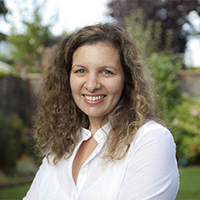
Lauren Kramer
Lauren Kramer is a freelance journalist residing in Richmond, B.C., who has written extensively about seafood marketing for SeaFood Business magazine and SeafoodSource.com. Her work appears in a number of publications, including the National Culinary Review and Flavor & The Menu.
Related Posts
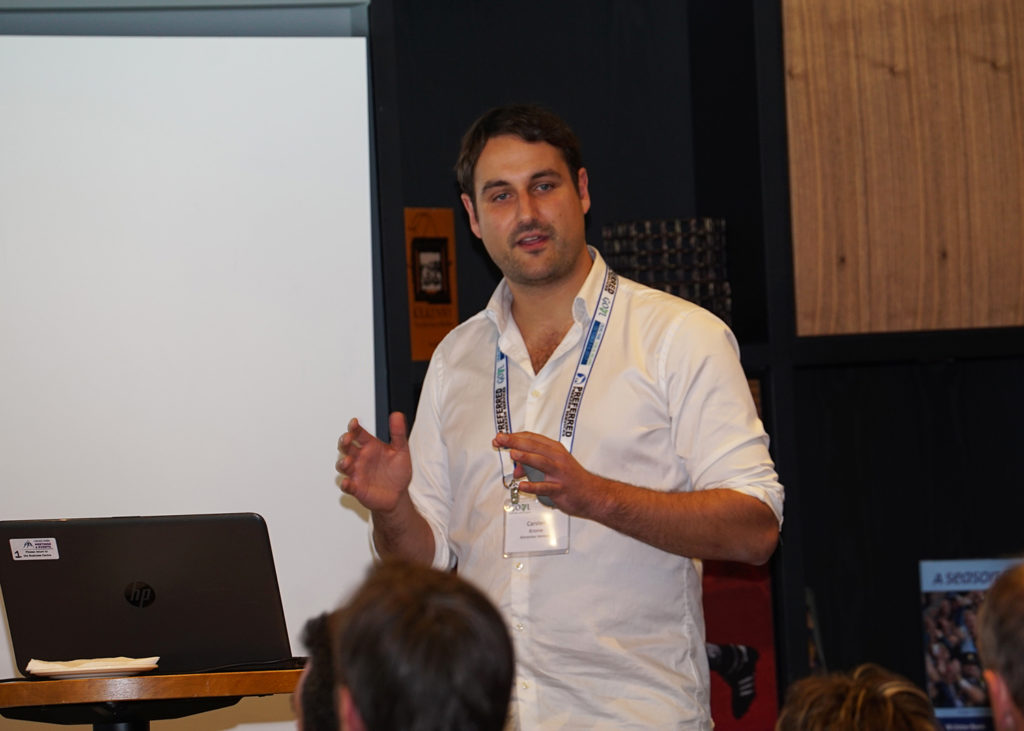
Innovation & Investment
Bergen becoming seafood startup city as accelerator Hatch sets up shop
Hatch Aquaculture Accelerator aims to support new companies, via an immersive three-month mentorship program, in the health, nutrition, technology and production sectors.
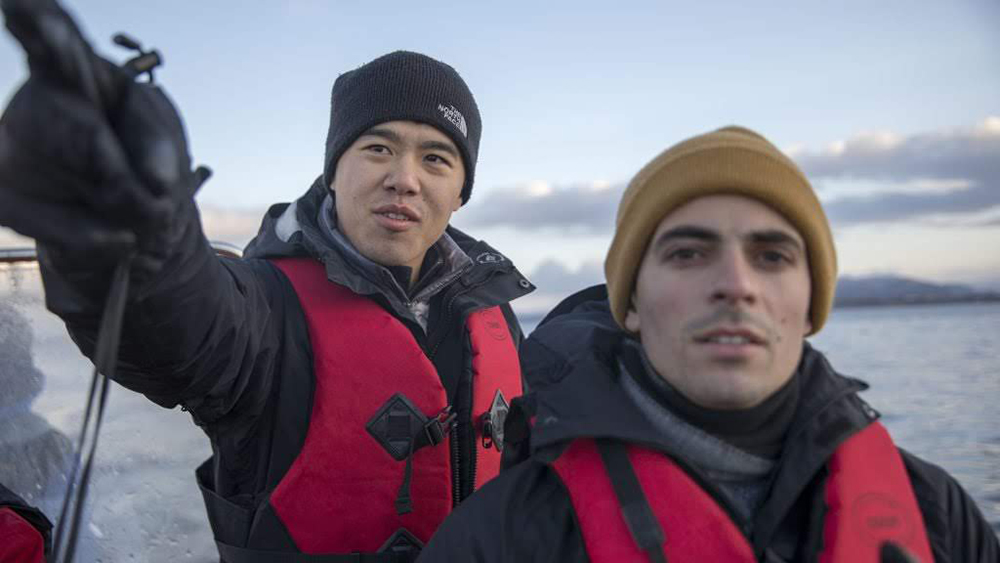
Innovation & Investment
Now Hatching: Millennial duo’s aquaculture analytics software
In the first startup profile of the inaugural Hatch cohort in Bergen, meet two young software developers who left Washington, D.C., for Norway and the power of personal connections to grow their aquaculture analytics business.
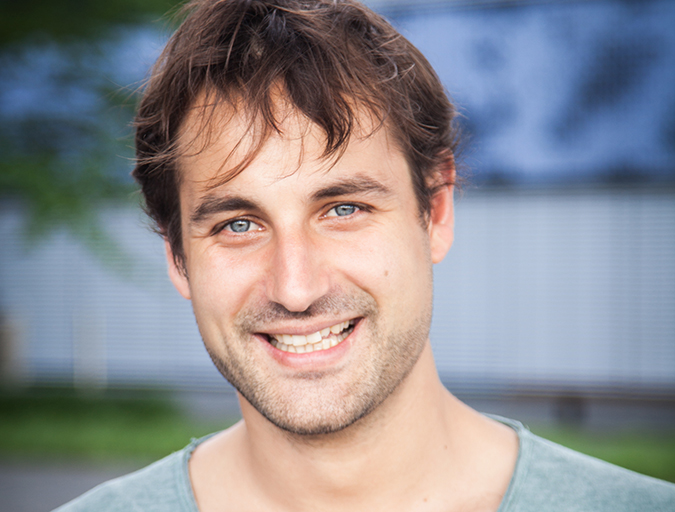
Innovation & Investment
Aquaculture Exchange: Carsten Krome, Alimentos Ventures
A business accelerator helps small businesses grow and ready themselves to capitalize on institutional investment opportunities. Sounds exactly what the aquaculture industry needs. Carsten Krome tells the Advocate about the various business models his new firm is investigating.
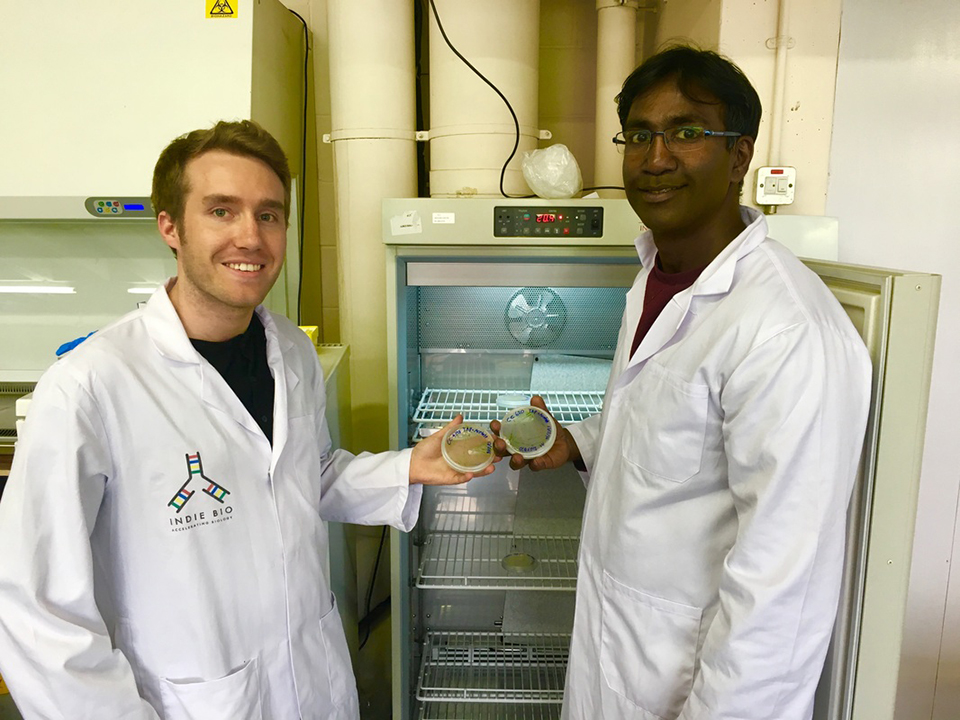
Innovation & Investment
Microalgae into medicine: Biotech startup targets shrimp, salmon diseases
MicroSynbiotiX is employing the power of transgenic microalgae to make it cheaper and easier for aquaculture producers to administer vaccines to fish.

